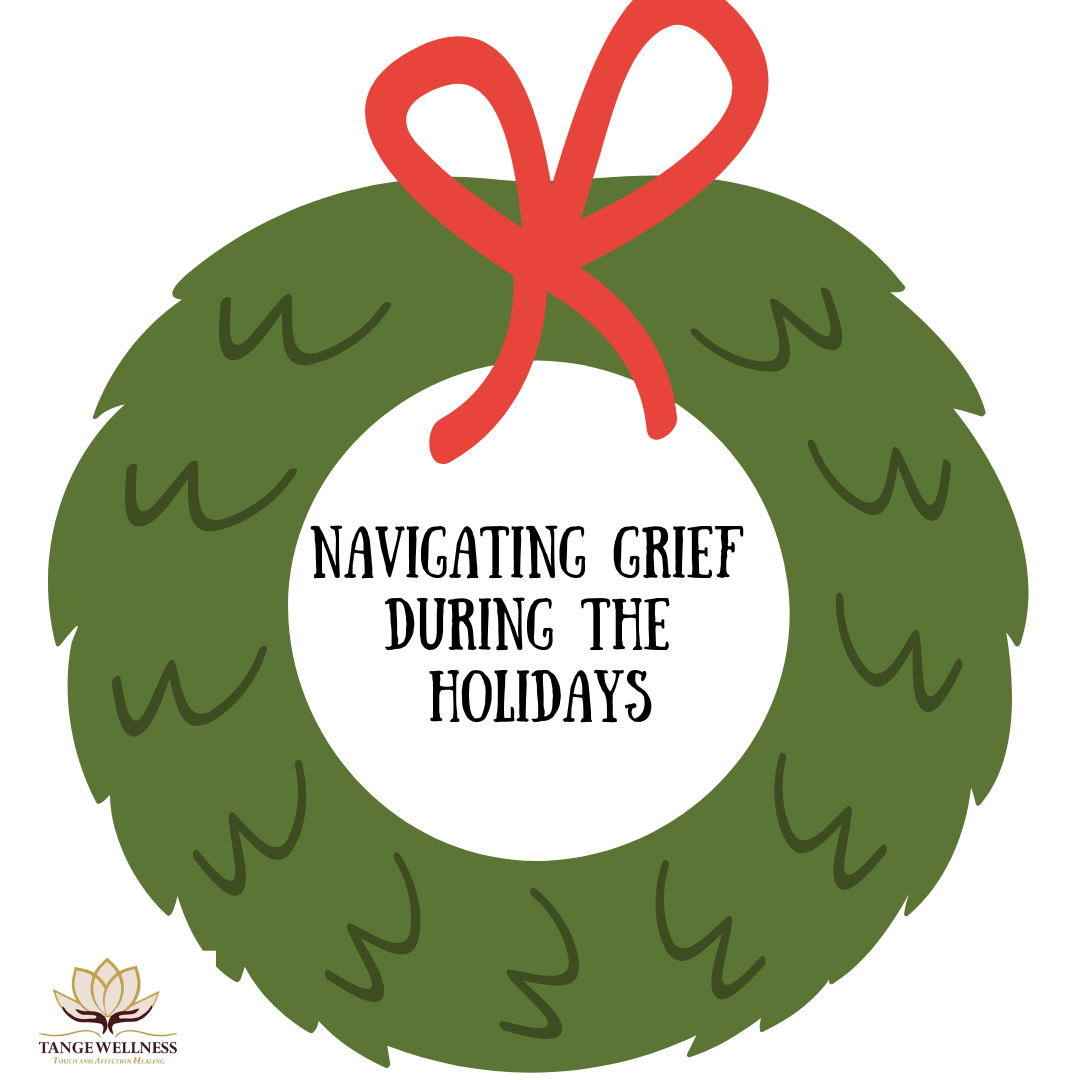Navigating Grief During the Holidays
The holidays are often painted as the most wonderful time of the year—a season filled with joy, togetherness, and celebration. But for so many of us, the holidays can also magnify grief, loneliness, and longing. Whether you’ve lost someone dear, chosen to distance yourself from family for your well-being, or find yourself without the support system you wish you had, this time of year can feel incredibly heavy.
Maybe you’re grieving the loss of a spouse who always made the holidays magical. They were the ones who hung every twinkling light, played Christmas music while decorating the tree, and somehow knew exactly what gift would light up your face. Without them, the season feels empty, like a hollow shell of what it used to be.
Perhaps you’re mourning the loss of a child who adored dressing up for the holidays. Maybe they delighted in helping bake cookies, leaving a trail of flour and sprinkles behind them. The absence of their laughter, their excitement, is deafening.
Or maybe you’re not in a relationship, and you feel more despair and sadness this time of year. Seeing friends and family with their partners, getting invitations to events as a “plus one” when you’re just one, or not having anyone calling to ask, “When are you coming over?” cuts deeply. It’s hard not to feel forgotten when scrolling through social media, watching everyone else’s holiday joy.
For some, the grief isn’t about who they’ve lost but who they’ve had to leave behind. Some families aren’t safe or healthy to be around such as relationships filled with triggers, toxicity, or past trauma. Choosing to protect yourself and distance yourself from those dynamics can bring relief, but it can also bring sadness. You might grieve the family you wish you had, the version of the holidays you wish could exist but doesn’t.
And then there are those moments when grief sneaks up on you unexpectedly. Maybe you’re walking through a store, and you hear a holiday song that reminds you of someone you’ve lost. Maybe you’re wrapping gifts and realize how much you miss their perfectly tied bows or their excited unwrapping. Grief has a way of showing up uninvited, and during the holidays, it seems to linger longer.
How to Handle Grief During the Holidays
The first thing to remember is that grief is a process that doesn’t look the same for everyone. There’s no “right” way to grieve. Whether you feel sadness, regret, isolation, or even moments of numbness, those feelings are valid. The key is to give yourself the space to feel them without judgment.
Here are some ways to navigate grief during the holidays:
Allow Yourself to Feel
It’s okay to cry. It’s okay to feel angry, lonely, or overwhelmed. Suppressing your emotions might seem like the easiest option at the moment, but permitting yourself to experience your grief can be incredibly healing.Set Boundaries
If being with family feels triggering or toxic, it’s okay to opt-out. Protecting your mental and emotional health is important. Communicate your boundaries clearly and don’t feel pressured to explain or justify them.Honor Your Loss in a Way That Feels Right
Light a candle for your loved one. Cook their favorite holiday dish. Share stories about them with someone you trust. Finding small ways to honor their memory can bring a sense of connection, even in their absence.Reach Out
Loneliness can feel unbearable, but you don’t have to go through this alone. Call a trusted friend, join a support group, or even volunteer to connect with others. Human connection, even in small doses, can remind you that you’re not isolated in your pain.Create New Traditions
If old traditions bring too much sadness, consider starting new ones. Maybe it’s taking a holiday trip, hosting a Friendsgiving, or spending the day in a way that feels meaningful to you. Change doesn’t erase what was; it creates space for what could be.Practice Self-Compassion
Grief isn’t linear, and it doesn’t come with a timeline. Give yourself grace when you’re struggling. Remind yourself that it’s okay to feel both sadness and moments of joy—they can coexist.
You’re Not Alone
If there’s one thing I want you to take away, it’s this: you’re not alone in your grief. Whether your loss is fresh or years old, whether it’s a person, a relationship, or even a sense of belonging, it’s valid. The holidays can amplify these feelings, but they can also be a time to reconnect—with yourself, with others, and with the memories of those you’ve lost.
Grief is a deeply personal process. It changes over time, but it doesn’t mean the love or the memories fade. With time, self-compassion, and support, it’s possible to carry your grief in a way that feels lighter. You don’t have to do it all at once, and you don’t have to do it alone.
Let’s hold space for one another this holiday season. If this resonates with you, I’d love to hear your thoughts. Share your story, your struggles, or even your victories. Let’s remind each other that in the midst of grief, connection is always possible.




